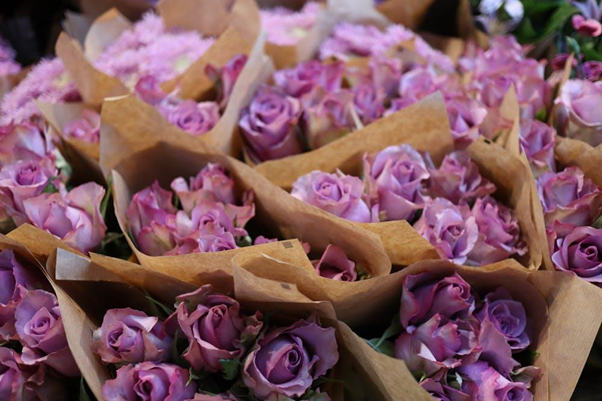Buying fresh flowers is important for every florist shop, but learning how to buy wholesale flowers can feel difficult at first. There are many flower wholesalers to choose from, so taking the right steps early will save you time later. We want to share helpful advice on what florists should look for in a supplier, like the trusted source wholesaleflowers.net, where you can build a strong working relationship. These tips will guide you through researching, evaluating, and selecting suppliers with confidence.
Do Your Research Online
The first step is to search online. Florists should look for flower wholesalers near their area or in nearby cities. They can type phrases like “florist wholesale supplier near me” into a search engine. This will show a list of possible suppliers to explore. Florists can visit each supplier’s website to learn more. They should check the types of flowers offered, where the flowers are grown, prices, and delivery options. Reading customer reviews online can also give clues about the quality of the flowers and the customer service. This research helps florists create a list of top wholesale suppliers to consider.
Schedule Visits to Suppliers
After the online research, the next step is to set up visits with the suppliers. Seeing the supplier’s location in person gives a clearer idea of how the company works. Florists can check the flower quality directly by looking at the health of the plants, stem length, and freshness. Visiting the greenhouses, packing areas, and coolers shows how the flowers are grown and kept before delivery. Meeting the sales team helps florists understand how well their needs will be met. These visits help narrow down the best wholesale flower suppliers for the shop.
Ask Important Questions During Visits
When visiting suppliers, florists should prepare a list of key questions. For example: What kinds of flowers do you mainly offer? Do you have any hard-to-find flower types? What is the minimum order size? How much notice is needed for bulk orders? What delivery choices and fees do you have? What are your payment and billing terms? Also ask about discounts for large orders, seasonal flower availability, and policies for damaged or spoiled flowers. Getting clear answers about these details helps florists understand what working with each supplier will be like.
Consider Pricing and Order Flexibility
Price is a major factor when picking a flower supplier. Florists want good wholesale prices to keep healthy profits. They should learn about minimum order sizes and any discounts for bigger or frequent orders. It’s also helpful if suppliers are flexible with different order amounts. Some florists need small weekly deliveries, while bigger shops order larger amounts. Finding a supplier who can handle different order sizes makes for a better long-term partner. Florists should ask for actual price lists to compare costs between suppliers they visited.
Check Delivery Options and Reliability
On-time, fresh flower delivery is very important. Florists should ask about how long deliveries take from the supplier, how often deliveries happen (such as multiple times per week), and the cost of delivery. It’s good to know if there are extra fees for fuel or weather delays. Learning about delivery vehicles, temperature controls, and driver experience helps make sure flowers arrive fresh. Asking for delivery route details and talking to other customers nearby can confirm a supplier’s delivery dependability.
Look for Extra Services
Besides good products, florists can benefit from suppliers that offer extra services. These might include special packaging, same-day delivery, help with bridal orders, or flower arranging classes. Some suppliers provide online tools like florist websites, point of sale systems, or marketing support. There may also be chances to co-brand or promote your shop with the supplier. Thinking about these added services helps florists decide if a supplier is a good long-term fit.
Ask for References
At the end of the supplier visits and research, florists should ask for references from other stores. Talking to other florists who buy from that supplier gives honest feedback about their experience. References can share how good the customer service is, if deliveries are reliable, and if they would recommend the supplier. Only choosing suppliers with positive reviews from references helps florists pick partners with a proven track record to support their business.















